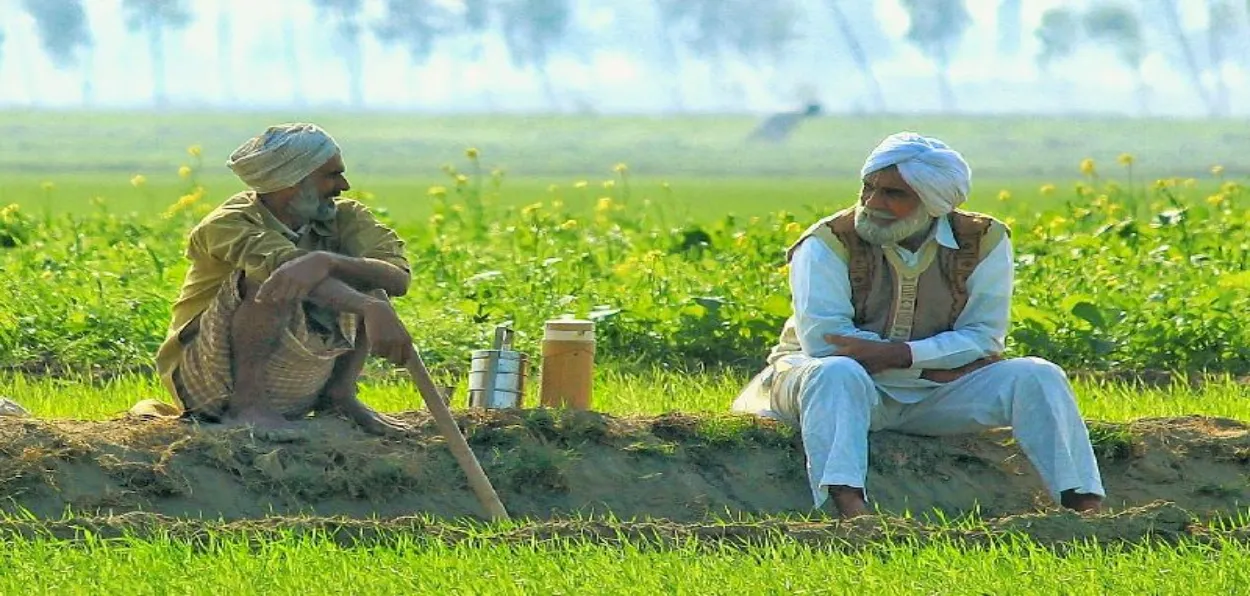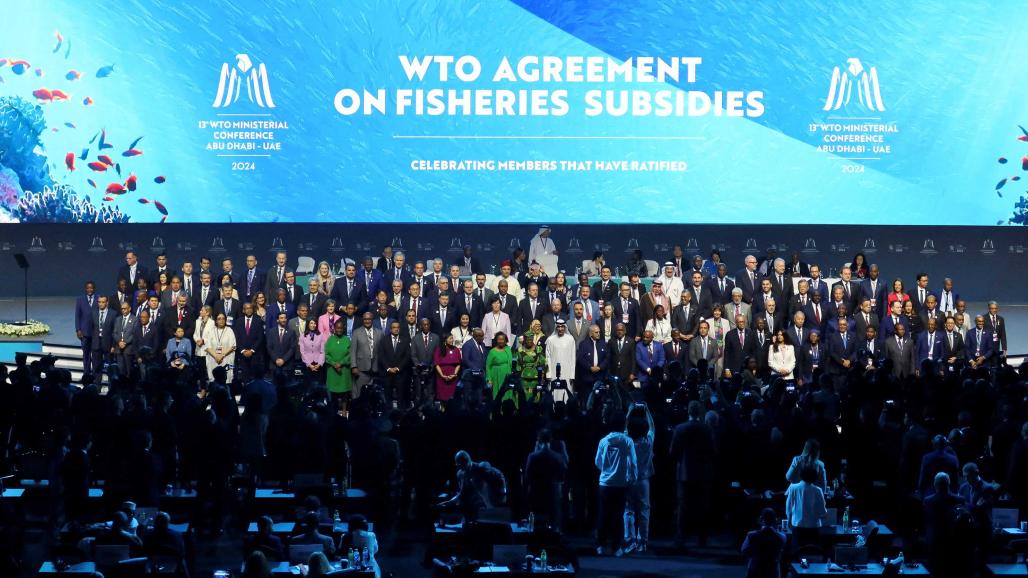
 Sushma Ramachandran
Sushma Ramachandran
The latest ministerial conference of the World Trade Organisation (WTO) in Abu Dhabi ended with few significant outcomes but India managed to continue protection to its farming and fishing communities. It was not possible, however, to make any changes in the method of estimating agricultural subsidies, leaving the global North free to continue providing massive support to its farmers.
India which has been repeatedly questioned about its public stockholding programme for foodgrains was able to ensure that the current level of subsidies on such programmes will not be challenged at the trade body. Also, the meeting extended this protection through a “peace clause” that covered subsidies linked to food security temporarily. This country has been trying to make it a permanent facility. Similarly, subsidies for the fisheries sector in developing economies will continue but those of the developed world will also continue at inflated levels.
In other words, it is the status quo right now. One of the reasons the developed world can provide massive subsidies without any compunction is that the computation at the WTO is on the total amount rather than on a per capita basis. Thus Indian farmers and fishermen may get a tiny subsidy on a per capita basis compared to those of rich countries but the volume is higher given the millions engaged in these sectors. The subsidy estimates are also based on outdated 1986-88 prices. The result is that rich nations continue to carp over support being given to poor farmers in emerging economies even though their subsidies are vastly higher.
On agriculture, it must be recalled that the issue of public stockholding for food grains in this country was raised at the Bali Ministerial Conference in 2013. The subsidy on government stocks in this country was considered to be higher than the WTO ceiling for developing countries which is ten percent of the value of production. At the time, India had rightly argued that the stocks were based on foodgrains purchased from farmers at minimum support prices to provide livelihood support. It was pointed out that roughly 80 million farmers would be affected by withdrawing such support and most were in the subsistence category.
It was also explained that the stocks were being used to provide subsidised food grains to hundreds of millions of people comprising the weakest sections of society. This defence of the public stockholding programme succeeded in ensuring there would be no challenge to subsidies linked to food security by introducing what was known as the “peace clause”.
The clause, however, remained a temporary provision and has been extended repeatedly to protect from any disputes. It had been hoped that after a decade of continuing temporarily, it would be finally converted into a permanent solution at the Abu Dhabi ministerial conference.
 WTO meet on fisheries in Abu Dhabi
WTO meet on fisheries in Abu Dhabi
However, the atmosphere was not conducive to a decision as the Cairns group of agricultural exporting countries took an aggressive posture even before the meeting began. The group which comprises 18 countries including Australia, Canada, Thailand, and Brazil is reported to have taken the stance that India’s farm subsidy was not only distorting global food prices but affecting the food security of other countries.
It is against this backdrop that the country’s delegation led by Commerce Minister Piyush Goyal had to fight a rearguard action to protect the livelihood concerns of Indian farmers at the multilateral trade body. The fracas with Thailand’s WTO Ambassador who claimed the rice subsidy was meant for exports rather than food security is indicative of the distorted narratives being peddled at this forum. India was able to prevent any challenge to the peace clause but could not succeed in making it a permanent provision.
As for the fisheries sector, the effort to cut massive subsidies given by developed countries failed though the interests of Indian fishermen were protected as in the past.
On one score, India can claim success and that is in blocking the proposal brought by China to bring investment facilitation into trade-related discussions. By joining hands with others in the global South, this country was able to prevent the entry of the non-trade issue into the negotiating process. The proposal is part of the drive by developed economies to bring non-trade matters to the WTO agenda.
Trade barriers in the guise of sustainable development are being brought to the table to curb the competitiveness of developing economies. This includes labour and environment issues as well as even gender and small industry concerns. The European Union, for instance, has already enacted the Carbon Border Adjustment Mechanism (CBAM) along with laws on deforestation. Both could have an impact on this country’s exports to the EU. The carbon tax, for instance, envisages a levy on carbon embedded in emission-intensive sectors like steel and aluminum and could thus affect a wide range of products.
This battle to bring non-trade issues into the multilateral arena has been on for many years. The North sought to bring labour standards into trade talks shortly after the WTO was formed in a bid to raise non-tariff barriers for developing economies. The ambit of such non-trade issues has widened over the years to include gender and environment. This is continuing even though it is a stretch to bring women’s empowerment into trade talks.
ALSO READ: States to become drivers of Next-Gen reforms in India
India must join hands with other developing economies to ensure that the agenda is not set by the global North. In the past, such diplomatic initiatives had enabled this country to become a major force at the WTO. A similar strategy is needed now as only a collective effort can ensure that the trade body becomes an agency to protect the interests of the global poor.
The author is a senior journalist who writes on economy and finance
